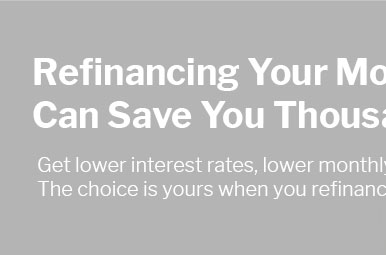 |
 |
 |
 |
 |
|---|
 |
 |
|
|---|---|---|
 |
 |
|
 |
 |
|
 |
 |
 |
 |
 |
 |
Understanding First-Time Home Buyer Rates: A Comprehensive GuideIn the intricate world of real estate, first-time home buyers often find themselves entangled in a web of information, each thread more complex than the last. One of the most pivotal aspects of this journey is understanding the interest rates offered to first-time buyers. These rates not only influence the affordability of a home but also significantly affect long-term financial planning. In this guide, we delve into the nuances of these rates, offering insights that empower prospective homeowners to make informed decisions. The first thing to grasp is that interest rates for first-time home buyers can be a little different from standard mortgage rates. Typically, lenders might offer slightly lower rates to attract new buyers, recognizing that entering the housing market for the first time can be a daunting task. However, these enticing rates come with their own set of conditions and qualifications that one must meet. Understanding these prerequisites is crucial for anyone considering taking this significant step. One of the fundamental factors influencing these rates is credit score. A higher credit score often translates into a more favorable rate, as it reassures lenders of the borrower's financial responsibility. Therefore, it's advisable for potential buyers to review and, if necessary, improve their credit scores before applying for a mortgage. Besides, lenders also consider factors like debt-to-income ratio and employment stability, which further complicate the rate determination process.
In addition to personal financial factors, market conditions play a significant role. Economic factors such as inflation, federal reserve policies, and the overall state of the economy can lead to fluctuations in interest rates. It's noteworthy that in times of economic uncertainty, rates might be adjusted to stimulate market activity, a strategic move that first-time buyers can leverage. While navigating these waters, prospective homeowners should consider the types of loans available. Options such as FHA loans, which require lower down payments and offer competitive rates, can be particularly appealing. Other programs like VA loans or state-specific assistance plans might also provide advantageous conditions for eligible buyers. Exploring these avenues can yield significant savings and make the dream of homeownership more attainable. In conclusion, while the world of first-time home buyer rates is undeniably complex, understanding the underlying factors and options available can demystify the process. By staying informed and strategically planning one's financial standing, prospective buyers can secure favorable rates that align with their long-term goals. As the market continues to evolve, remaining adaptable and knowledgeable will be key to navigating the ever-changing landscape of home buying. https://www.starone.org/first-time-home-buyer/
More Mortgage Rates Today - Fixed-Rate First Mortgage* as low as 5.500% (5.599% APR) - Adjustable-Rate Mortgage**** as low as 5.875% (6.580% APR) - Home Equity ... https://www.bankrate.com/mortgages/first-time-homebuyer-loans-and-programs/
FHA loan: Insured by the Federal Housing Administration, FHA loans allow you to buy a home with a minimum credit score of 580 and as little as ... https://www.nerdwallet.com/article/mortgages/california-first-time-home-buyer-programs
FHA loans - Best for: - Low credit score, low down payments - What you need to know: - This is the go-to program for many first-time home buyers ...
|
|---|